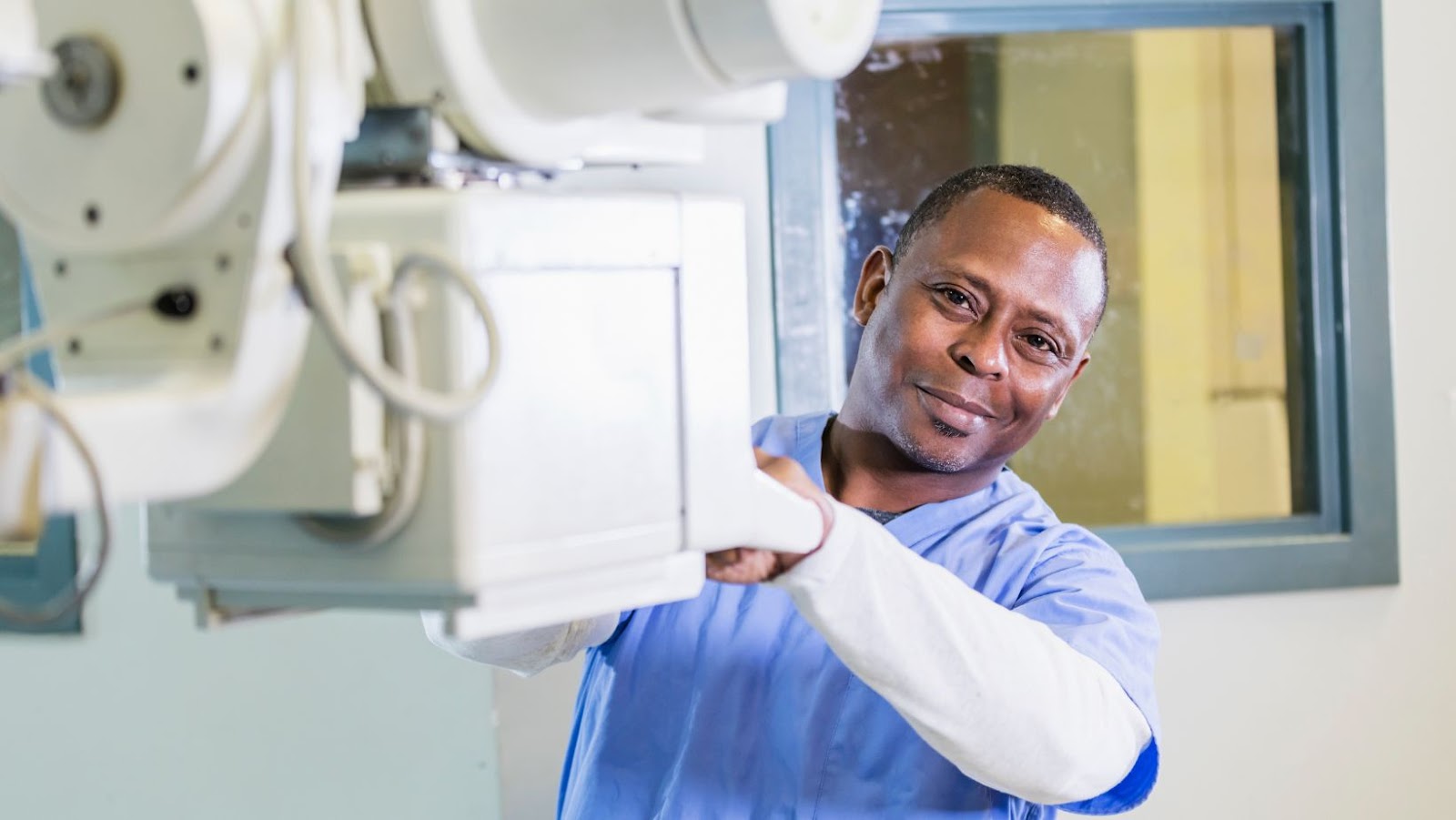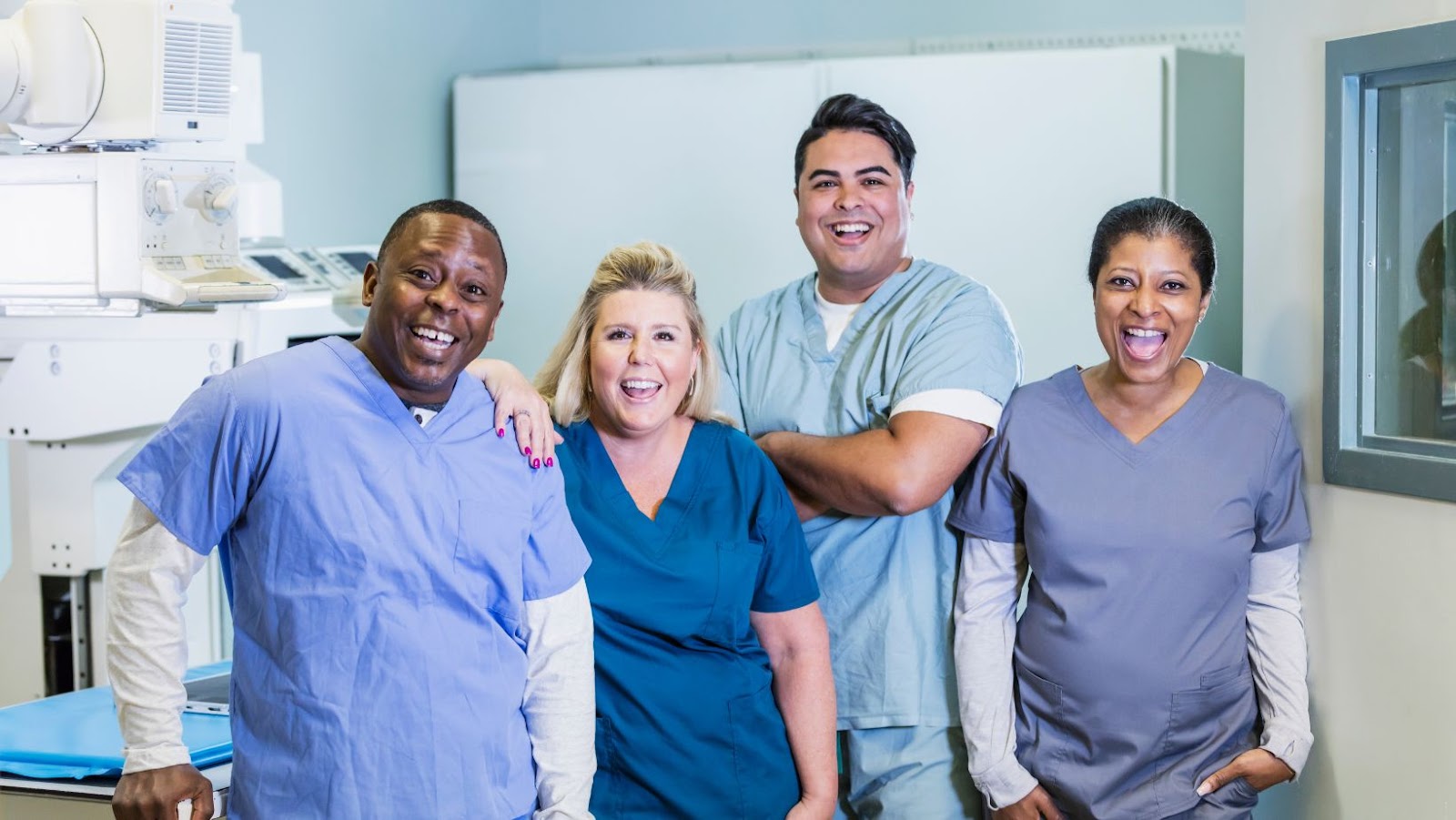 Surgical Tech Classes
Surgical Tech Classes
Surgical tech classes serve as comprehensive educational programs, designed precisely to equip future surgical technologists. They encompass fundamental teachings about surgical procedures, focusing on hands-on proficiency and theoretical understanding. Drawing examples from specific classes, students often learn about surgical instrumentation, sterilization techniques, and patient care, propelling them towards expertise in surgical assistance.
Surgical tech classes hold paramount importance in the development of competent, professional surgical technologists. These integral classes impart necessary skills required in the operating room, hence, forming a strong training base for ambitious individuals. They scrutinize essential protocols, such as maintenance of a sterile environment or handling of surgical instruments, striking a balance between academic comprehension and real-world application.
Bolstering their significance further, surgical tech classes have become a prerequisite for most healthcare establishments. In terms of numbers, students with formal surgical tech education are often favored, showcasing the industry’s trust in these comprehensive classes. Thus, undertaking these classes doesn’t merely lead to knowledge acquisition, but also opens the door to promising career opportunities.
 Breakdown of Surgical Tech Classes
Breakdown of Surgical Tech Classes
Surgical tech classes delve into various critical facets of health care. They expose students to numerous theoretical and practical topics that are imperative for their future roles.
Basic Anatomy and Physiology impart crucial foundational knowledge. These classes scrutinize the human body’s structure, focusing on the anatomical terms and conditions. They brush through each body system, giving students an in-depth understanding of how these systems function individually and interrelate in the context of health and disease. Moreover, classes typically entail learning about the cells, tissues, organs, and systems that make up our bodies. They encompass lessons on critical topics like the musculoskeletal, cardiovascular, respiratory, digestive, endocrine, and nervous systems. For example, students might learn about the cardiac cycle in the cardiovascular system or different bone types in the musculoskeletal system.
Surgical Procedures and Techniques classes form the core of surgical tech education. In these classes, students get a chance to simulate real-life scenarios. They hone their craft, learn to handle cutting-edge surgical tools, and master various surgical procedures. The classes provide a broad overview of different surgical specialties such as orthopedic, cardiovascular, neurologic, and obstetric surgeries. Students also get acquainted with innovative surgical techniques like minimally invasive surgery and robotic surgery. For instance, students might practice surgical suturing techniques or learn how to assist in a laparoscopic surgery.
An integral part of surgical tech classes, Patient Care, and Safety centers on the well-being of the patient. These classes teach students vital skills such as patient communication, preoperative preparations, and postoperative care. They emphasize the importance of sterilizing the operating room and surgical instruments to prevent infections. Also covered are vital sign assessments, patient privacy laws, and professional ethics. An example of what one might learn includes dressing surgical wounds or administering care in the recovery room post-surgery. This area of study instills respect for patient dignity and autonomy, fostering a holistic approach to care.
 The Career Path of a Surgical Technologist
The Career Path of a Surgical Technologist
Delving into the journey of a surgical technologist provides insights into their essential roles and potential growth opportunities in the healthcare industry. This dynamic career path is rife with prospects for continued learning, skill enhancement, and advancement.
A surgical technologist,often integral to successful surgical procedures, carries a myriad of responsibilities. Prior to surgery, they prepare the operating room by setting up surgical instruments and equipment, ensuring each piece is sterilized and ready for use.
During surgeries, surgical technologists pass instruments and supplies to surgeons and surgically assisting staff. Their knowledgeable, efficient actions keep the surgical procedure flowing seamlessly. Additionally, they could patient-care responsibilities such as transferring patients to recovery rooms and monitoring vital signs.
As an evolving field, surgical technology offers numerous opportunities for growth and development. Technologists can specialize in specific surgical areas, such as cardiology or orthopedics, propelling them into more advanced roles within the surgical team.
Furthermore, the U.S. Bureau of Labor Statistics projects an impressive 7% growth for surgical technologists between 2019 and 2029, outpacing the average for all occupations. Increased demand for surgical procedures, particularly with an aging population, translates into more job openings for skilled surgical technologists. With experience, they might climb up the ranks to surgical assistants or even operating room directors, solidifying it as a career ripe with potential.